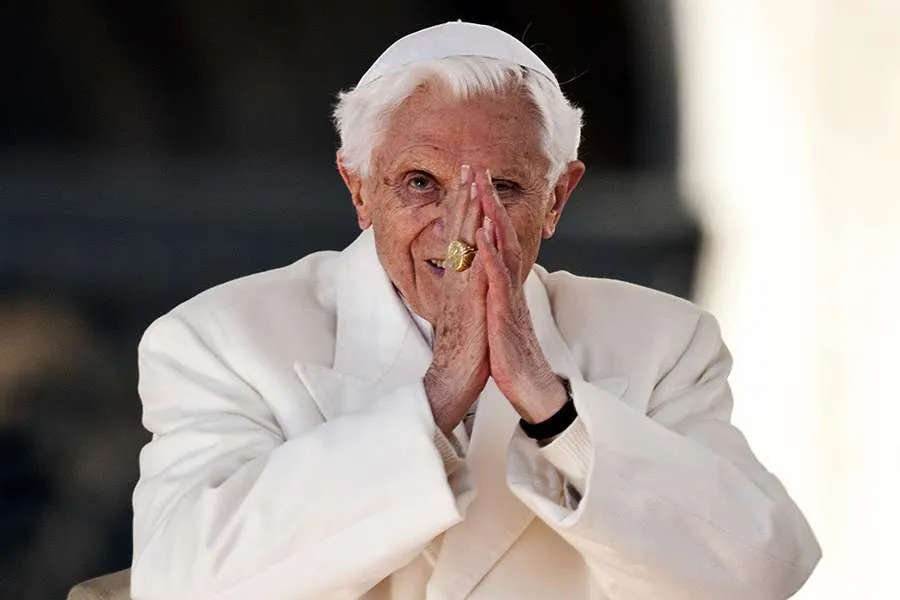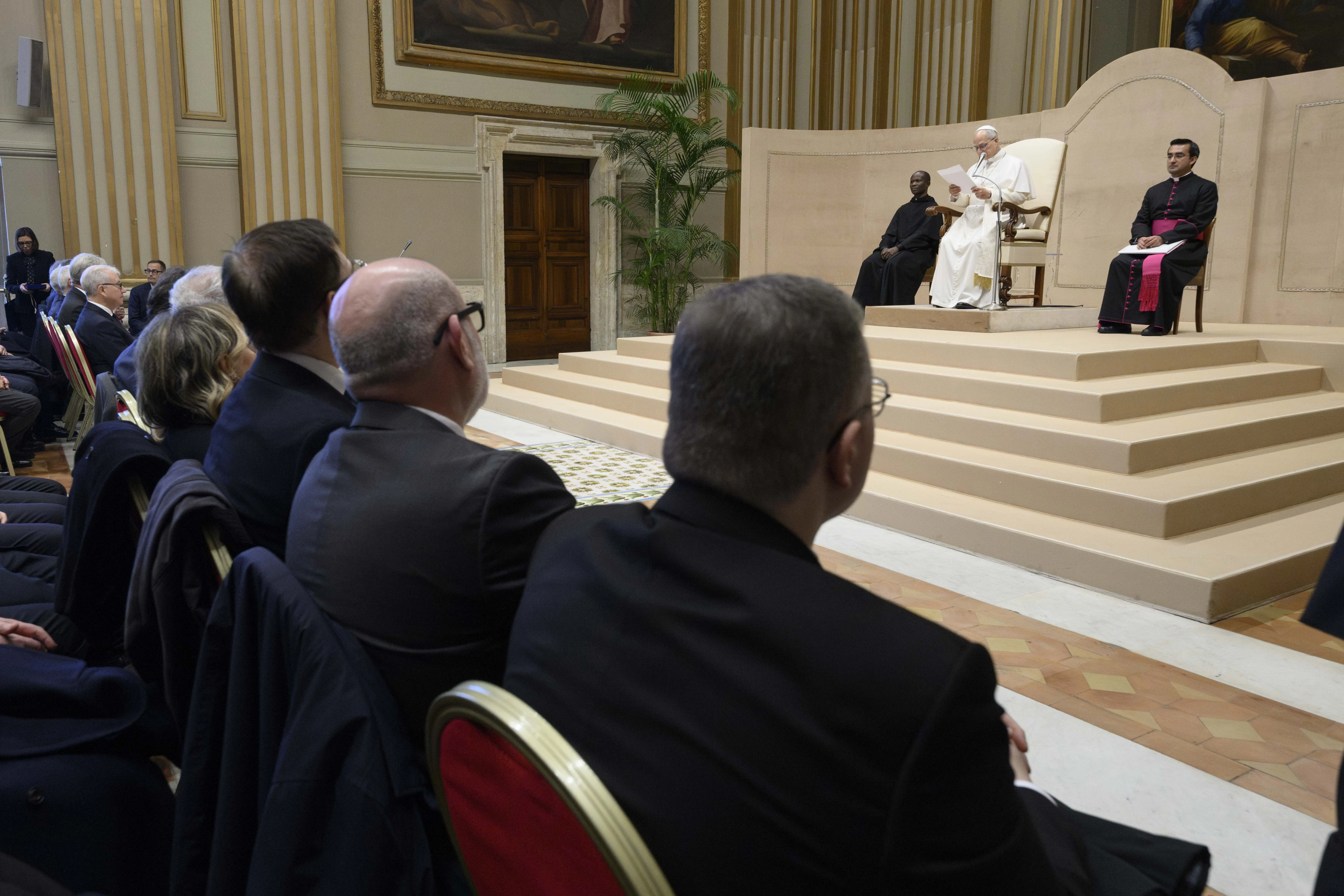“But the real threat to the Church and thus to the ministry of St. Peter consists not in these things, but in the worldwide dictatorship of seemingly humanistic ideologies, and to contradict them constitutes exclusion from the basic social consensus.”
He continued: “A hundred years ago, everyone would have thought it absurd to speak of homosexual marriage. Today whoever opposes it is socially excommunicated. The same applies to abortion and the production of human beings in the laboratory.”
“Modern society is in the process of formulating an ‘anti-Christian creed,’ and resisting it is punishable by social excommunication. The fear of this spiritual power of the Antichrist is therefore only too natural, and it truly takes the prayers of a whole diocese and the universal Church to resist it.”
The biography, issued by Munich-based publisher Droemer Knaur, is available only in German. An English translation, “Benedict XVI, The Biography: Volume One,” will be published in the U.S. on Nov. 17.
In the interview, the 93-year-old former pope confirmed that he had written a spiritual testament, which could be published after his death, as did Pope St. John Paul II.
Benedict said that he had fast-tracked the cause of John Paul II because of “the obvious desire of the faithful” as well as the example of the Polish pope, with whom he had worked closely for more than two decades in Rome.
He insisted that his resignation had “absolutely nothing” to do with the episode involving Paolo Gabriele, and explained that his 2010 visit to the tomb of Celestine V, the last pope to resign before Benedict XVI, was “rather coincidental.” He also defended the title “emeritus” for a retired pope.
Benedict XVI lamented the reaction to his various public comments since his resignation, citing criticism of his tribute read at the funeral of Cardinal Joachim Meisner in 2017, in which he said that God would prevent the ship of the Church from capsizing. He explained that his words were “taken almost literally from the sermons of St. Gregory the Great.”
Seewald asked the pope emeritus to comment on the “dubia” submitted by four cardinals, including Cardinal Meisner, to Pope Francis in 2016 regarding the interpretation of his apostolic exhortation Amoris laetitia.
Benedict said that he did not want to comment directly, but referred to his last general audience, on Feb. 27, 2013.
Summing up his message that day, he said: “In the Church, amid all the toils of humanity and the confusing power of the evil spirit, one will always be able to discern the subtle power of God's goodness.”







